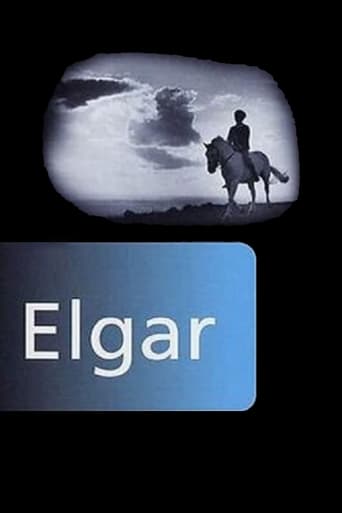
Elgar: Portrait of a Composer
November. 11,1962 NRA partly dramatised account of the life of classical composer Sir Edward Elgar. An episode of the BBC arts series Monitor.
Similar titles


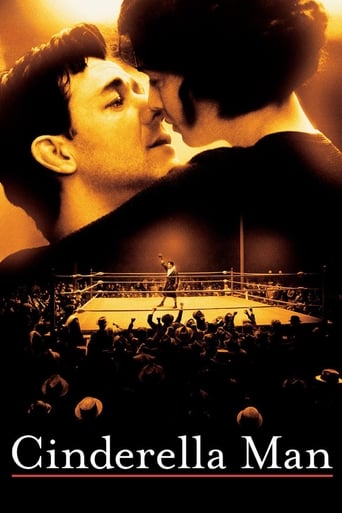
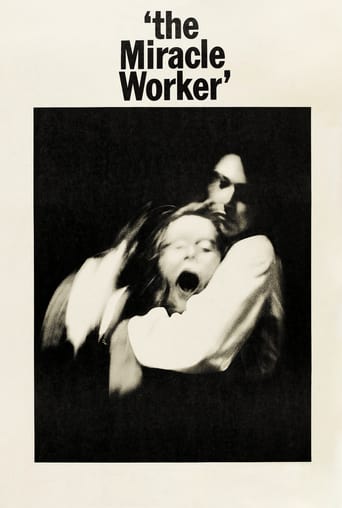
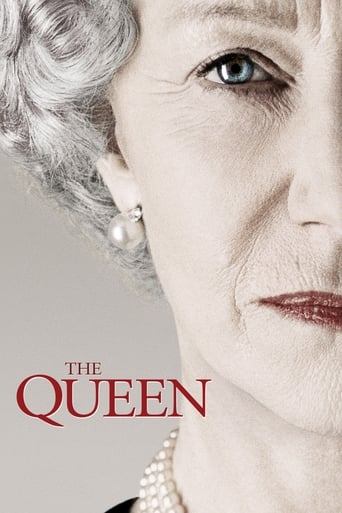
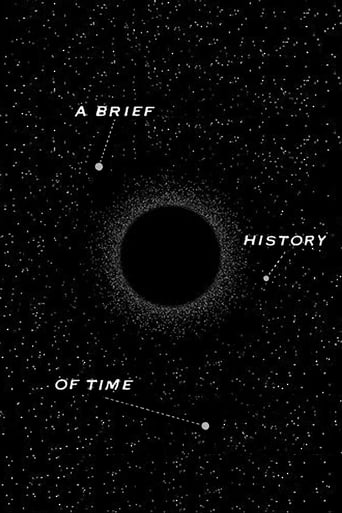

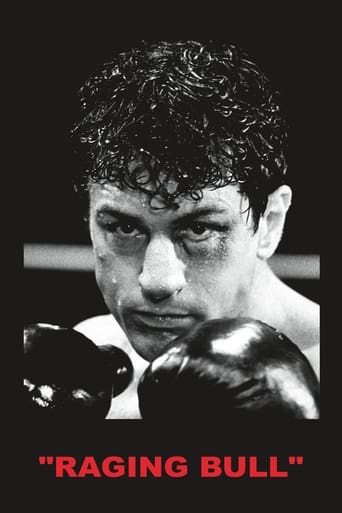
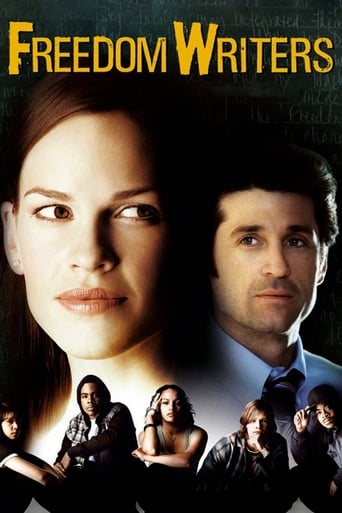
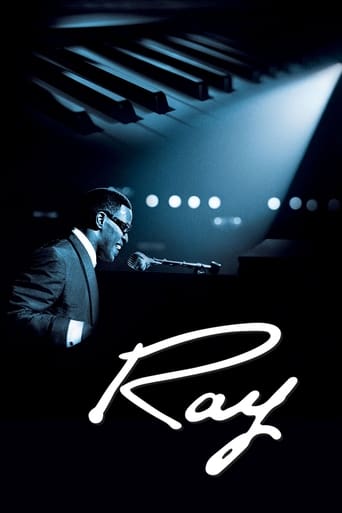
Reviews
the audience applauded
Strong and Moving!
It's simply great fun, a winsome film and an occasionally over-the-top luxury fantasy that never flags.
Blistering performances.
Ken Russell is not for all tastes, for me there is stuff of his I do like but others not so much, so I can definitely see either side. I absolutely love Elgar though, for me it is quite possibly the best that he has ever done and also one of the best documentaries ever made. The photography is just beautiful, the final shot will stay with me forever. The use of long shots and none of the actors speaking is for then an innovation that Russell in Elgar mastered. The scenery is just breathtaking, while Elgar's music is glorious, very lyrical and sometimes with pathos. It is helped by being beautifully played as well, that always does help. The dramatisations are subtle and beautifully sympathetic, even without words the body language and expressions told so much. The biographical elements are just fascinating, I love documentaries where you have a good amount about the subject yet the documentary reveals things you don't know. That was the case with Elgar. Russell's directing is more restrained than his later output and all the better for it, nothing overblown and distasteful in sight.All in all, no complaints whatsoever about Elgar. If you love classical music it is a must see, truly one of the best of its kind. 10/10 Bethany Cox
The music of Edward Elgar enjoyed immense popularity in Britain for a relatively brief period during the 1900s and 1910s, but by the time of his death in 1934 it was already starting to fall out of favour. The patriotic nature of pieces like the "Pomp and Circumstance Marches" meant that it enjoyed an even briefer revival during the war, but by 1962, when this documentary was made, Elgar was once again an unfashionable composer. He was associated by many people with jingoism and with nostalgia for the glory days of an Empire from which in the early sixties the British were fast retreating.Even in the sixties, however, there were some who realised that Elgar deserved to be regarded as far more than a cultural hero of the League of Empire Loyalists. Among these were Huw Wheldon, the producer and editor of the BBC's arts programme "Monitor" and a young director named Ken Russell who were together responsible for this film. It was innovative in a number of ways. It was the first time that a British television programme showed one long film about an artistic subject instead of a number of short items. Russell and Weldon eschewed the "talking heads" style of documentary, even though in 1962, less than thirty years after Elgar's death, there would doubtless have been many people still alive who remembered him in his later years. Instead the programme used actors to portray Elgar, his wife Alice and other figures from his life, although there is no spoken dialogue. The only voice we hear is that of Wheldon, who acted as both writer and narrator. (Russell wanted the actors to speak, but was overruled on this point).Wheldon and Russell were keen to get away from the prevailing view of Elgar as a bombastic, jingoistic composer of cheap music, a second-rater elevated by the British musical establishment to first-rate status out of misguided cultural nationalism. (From one comment on this board I note that this ignorant and prejudiced view is still not quite dead). To do this they concentrated less on the "Pomp and Circumstance" side of his music than on its more emotional, sensitive and pastoral side. Elgar was a complex man, with many different sides to his character, and these are reflected in his works. We therefore hear extracts from the reflective Second Symphony, the autumnal, elegiac Cello Concerto (written as a response to the death of Alice Elgar and the slaughter of the First World War) and the deeply religious "Death of Gerontius". (Russell said that he had a particular empathy with Elgar's music because, like the composer, he was a Catholic) I will not deny that Russell's style of film-making could, at times, be characterised by excessive flamboyance, his Tchaikovsky biopic "The Music Lovers" being a case in point. "Elgar", however, is not a film of that type. Indeed, by comparison with most of his work for the cinema it is remarkably chaste. Its most striking visual feature is Russell's restrained yet beautiful black-and-white photography of the Malvern Hills, something which together with Wheldon's mellifluous commentary gives the film its distinctive character."Elgar" was instrumental in launching Ken Russell's career as a director. He had a deep love of Classical music and was to make several more dramatised biographies of composers, Debussy, Delius and Richard Strauss for television and Tchaikovsky, Mahler and Liszt for the cinema. The film was also credited with contributing to a revival of interest in Elgar's music, although another factor was the advocacy of musicians such as Adrian Boult and John Barbirolli who had remained loyal to the composer even when he was out of critical favour. (Barbirolli's legendary recording of the Cello Concerto with Jacqueline du Pre was made three years after this film). In its stylistic innovations, its establishing its director as a major talent and its role in helping to revive interest in a great composer, "Elgar" can be regarded as one of the most influential arts documentaries ever made. 9/10
Elgar was made by three people: Ken Russell, Humphrey Burton and Huw Wheldon. All three liked Elgar's music and all three thought him under-rated. They set about, with the aid of legendary researcher Anne James, to gather as much information about the great Edwardian as possible, and soon they had vast amounts of material with which they could tell the story of Elgar's life. Russell and Wheldon fought their famous battle about the role of actors - which, contrary to general opinion, both won - but both Wheldon and Russell and Humphrey Burton were not happy with what they had. It was Burton who finally said what all were thinking - that they were not telling the right story. The right story was not the story of Elgar but the story of Elgar's music. Burton and Russell spent a week doing nothing but listening to Elgar and emerged with a 50 minute soundtrack including snippets short and long. Now they set about making pictures to go with the music. In other words the music was not an accompaniment, the music was the thing itself. The pictures illustrated it. Speaking actors would have shifted the balance of the film back towards words and pictures. The power of 'Elgar' lies in the primacy it gives to the composer's music. Often referred to as 'Ken Russell's 'Elgar'', this film is actually Elgar's Elgar, and therein lies its claim for legendary status.
This is one of the greatest art documentaries ever made. The young Ken Russell was innovative in just about every aspect of this astonishing semi-documentary profile of the composer Elgar. The BBC would only let him use actors in long shots and they were not allowed to speak. However, Russell transcended those limitations with apparently effortless ease, and thereby created a new genre altogether. The final shot of the film is one of the most moving in any motion picture. Elgar's personality and vicissitudes come across powerfully, with pathos and sympathy, and an extensive and inspired use of his music. The shots of the Malvern Hills of Worcestershire as they were in 1961 are astonishing, a reminder of how irrevocably the English landscape has changed. Everyone with the slightest interest in music or in England should see this film. It is irresistible.
Top Streaming Movies












